If you are cooking a dish and find the salt you’ve added isn’t enough, try a squirt of lemon juice instead, recommends Eugenia Bone, author of several cookbooks, including The Kitchen Ecosystem (Clarkson Potter, 2014). Often what your taste buds are looking for is a flavor enhancement, which is exactly what lemon juice delivers. In fact, if you are out of salt or are trying to minimize sodium, you can replace it with half as much lemon juice, she adds. It will add a similar bright taste.
How to Juice a Lemon
There’s nothing worse than getting a stinging squirt in the eye when trying to juice a lemon. Here are some tricks to “safely” extract every last drop.
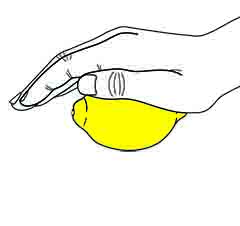
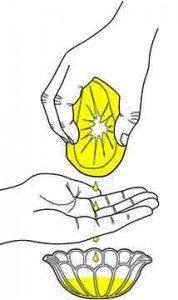
Don’t let the skin go to waste
Zest the lemon first, either in strips with a citrus zester tool or by grating with a fine grater. Zest freezes beautifully in a little jar, and is great to have on hand to add to soups and stews for flavor. Before zesting, scrub the lemon in soapy water, rinse well and dry; most lemons are waxed to extend their shelf life. Be sure to grate only the outer yellow portion of the skin; the white pith on the inside will give your dish a bitter taste.




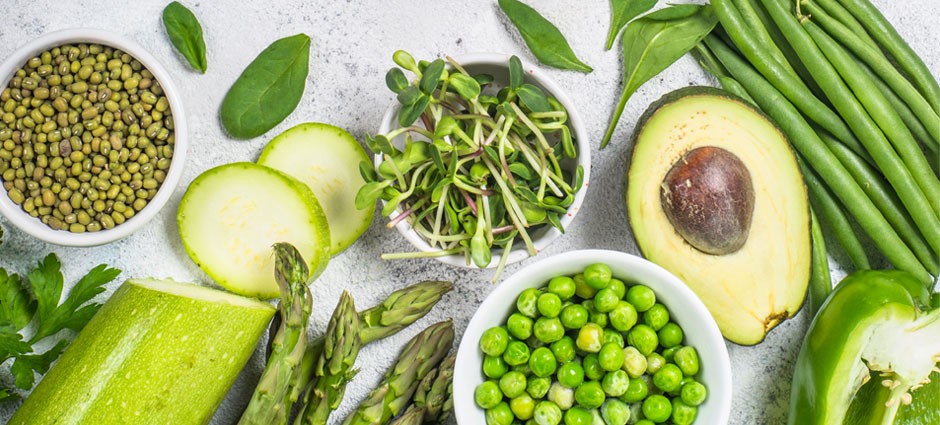

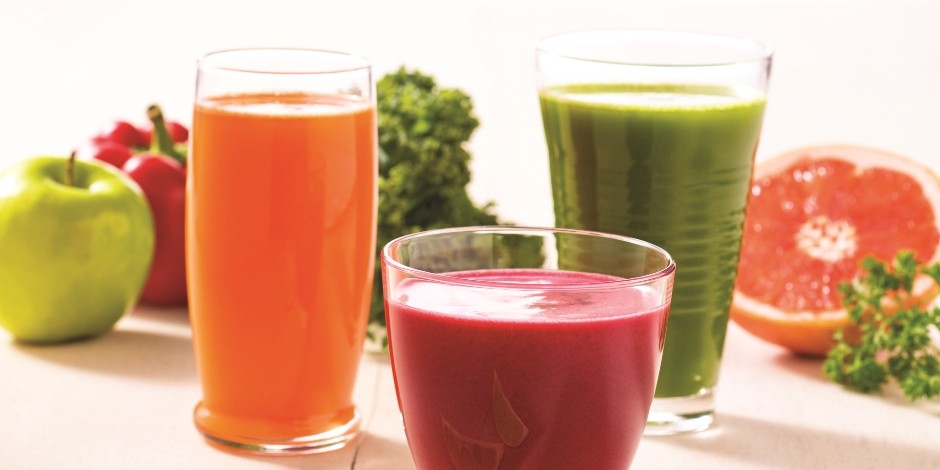
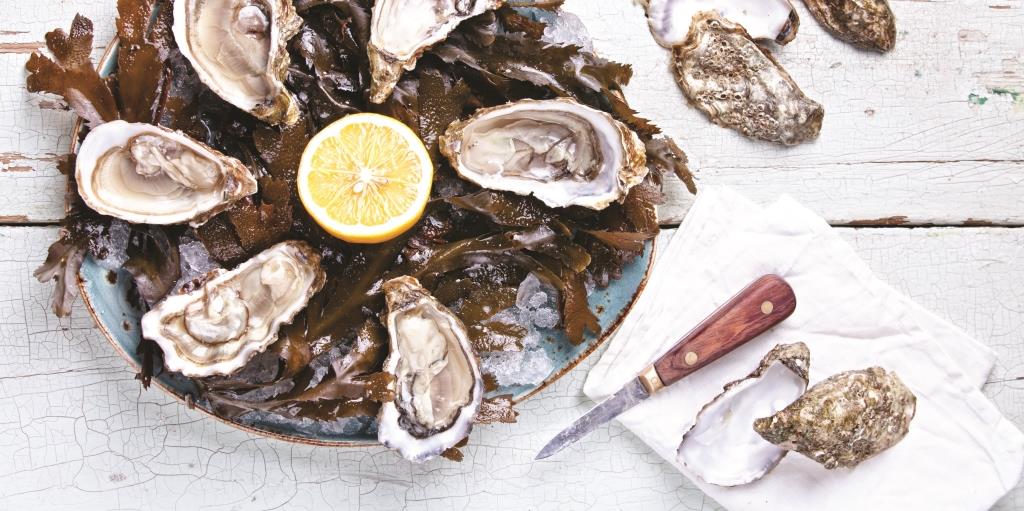


Comments